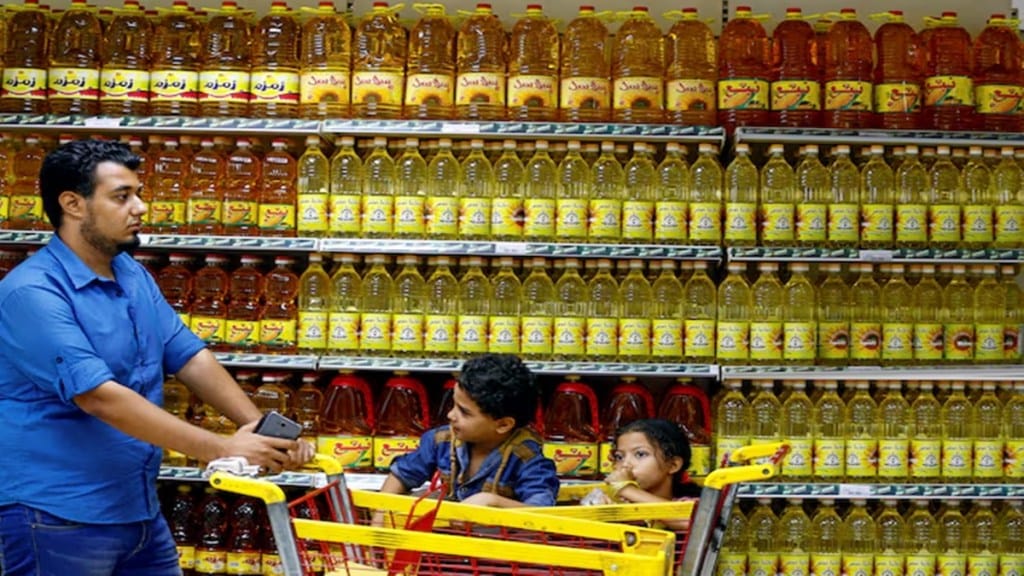India’s dependence on imported cooking oils is expected to remain elevated in the near to medium term, with edible oil imports likely to decline only marginally in the 2024–25 oil year (November–October), according to consulting firm India Ratings and Research (Ind-Ra).
“Lower kharif acreage may also impact the country’s oilseed production in the 2025–26 oil year, keeping the import dependency high,” the agency stated in its latest report. India imports about 57% of its annual cooking oil requirement, which totals around 26–27 million tonne (MT) of palm, soybean, and sunflower oils combined.
Ind-Ra has projected that total edible oil imports during 2024–25 will decline only marginally to around 15.5 MT, compared with 16 MT in 2023–24 and 16.5 MT in 2022–23. “Domestic refining margins would continue to benefit from the increased duty differential between refined and crude oil, which has discouraged imports of crude edible oil since July 2025,” the report said.
In May 2025, the government reduced the effective import duty on edible oils — palm, soybean, and sunflower — to 16.5% from 27.5%, while keeping the basic customs duty on refined oils unchanged at 32.5%, resulting in an effective duty of 35.75%.
The consulting firm also noted that soybean oil imports are likely to rise sharply in the 2024–25 oil year, as elevated crude palm oil (CPO) prices drive a shift in demand. “While crude palm oil (CPO) prices are likely to soften in 2026 with an increase in output, the increase in biofuel blending in Indonesia might affect the demand-supply balance in the later part of the 2025–26 oil year, presenting an upside risk,” the agency stated.
Palm oil, which forms the largest share of India’s edible oil import basket, has remained steady at 7–8 MT annually, while soybean oil imports have risen from about 3.5 MT to 5 MT and sunflower oil from 2.5 MT to nearly 3.5 MT over the past few years, according to the Indian Vegetable Oil Producers’ Association (IVOPA).
“Much of this change has been shaped by global price behaviour. Palm oil prices have stayed elevated amid tighter supplies from Indonesia and Malaysia, where domestic biodiesel mandates and weather-related production constraints have limited export availability,” IVOPA stated.
India primarily imports edible oils from Indonesia, Malaysia, Thailand, Ukraine, Russia, and Argentina, while domestic production is concentrated in mustard, soybean, and groundnut oils.
